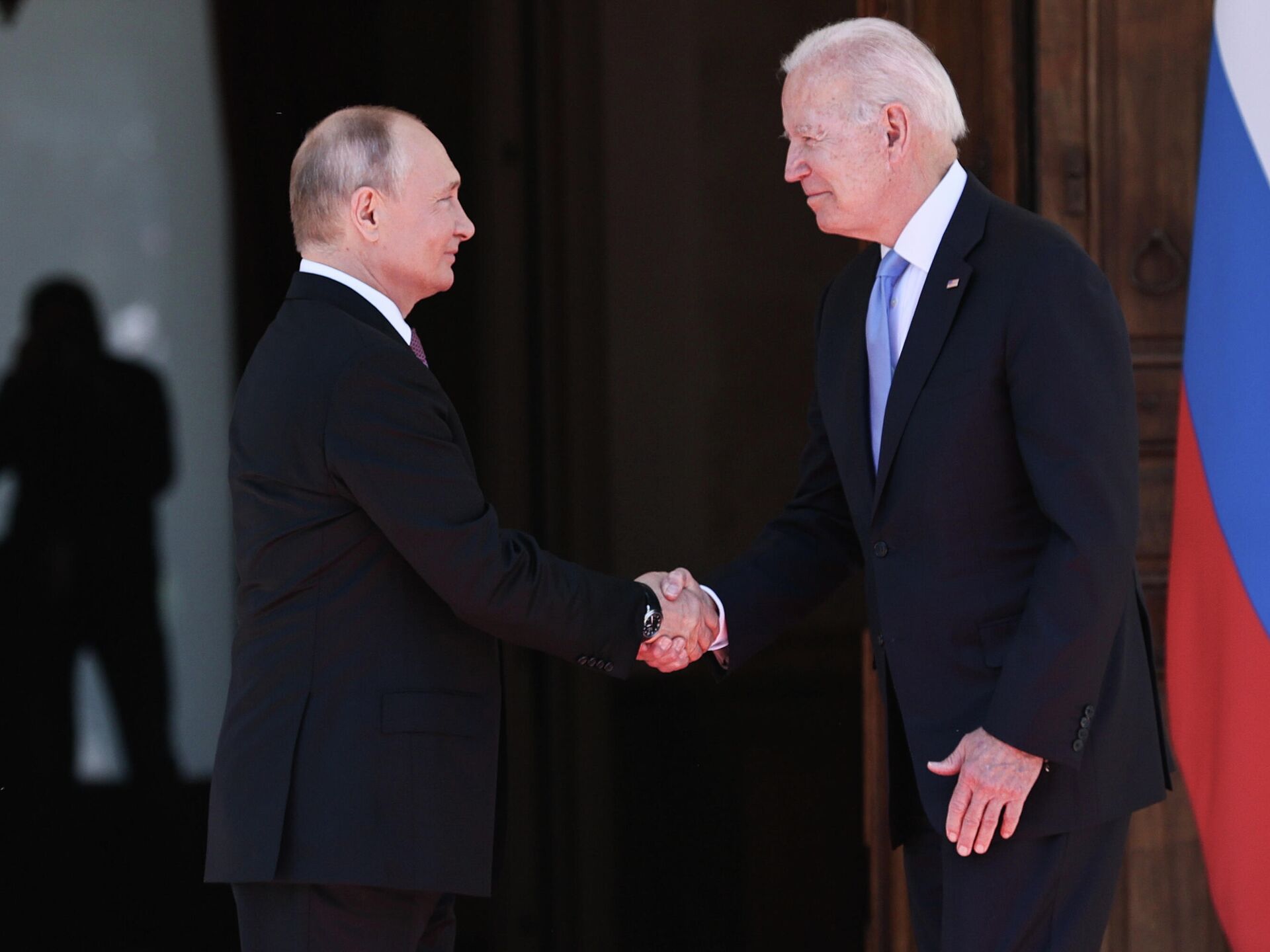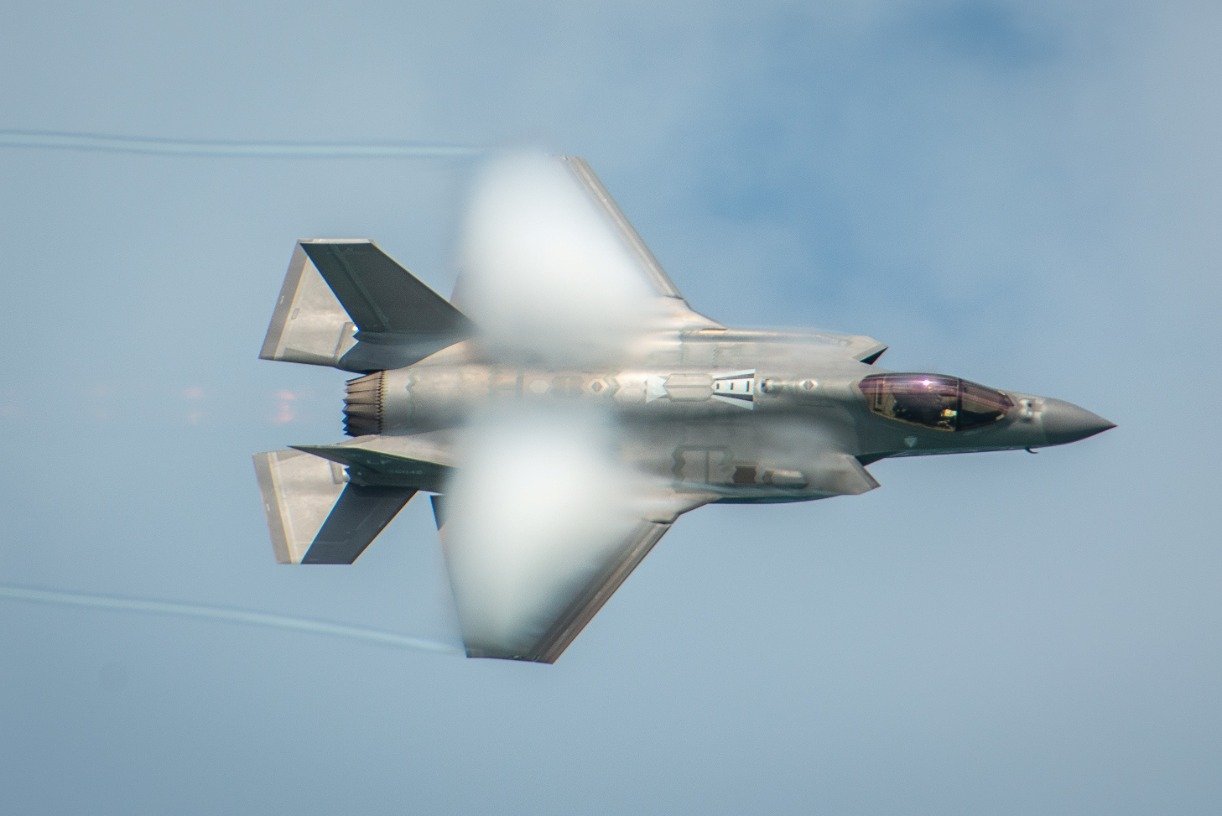
Published 15-01-2013, 11:27
 When Barack Obama took office in January 2009, U.S.-Russia relations had fallen to their lowest point since the collapse of the Soviet Union. The "reset” launched by his administration helped turn that around, producing the New START Treaty and deeper cooperation on issues such as Iran, Afghanistan and Russia’s entry into the World Trade Organization. By any objective measure, the U.S.-Russia relationship is in better shape today than it was in 2008.
When Barack Obama took office in January 2009, U.S.-Russia relations had fallen to their lowest point since the collapse of the Soviet Union. The "reset” launched by his administration helped turn that around, producing the New START Treaty and deeper cooperation on issues such as Iran, Afghanistan and Russia’s entry into the World Trade Organization. By any objective measure, the U.S.-Russia relationship is in better shape today than it was in 2008.That said, 2012 saw a new degree of tension enter relations, as the two countries differed over issues such as Syria and democracy in Russia. Presidential elections in both countries contributed to something of a pause in relations. The Russians essentially marked time on arms control and missile defense, waiting to see who would occupy the Oval Office in 2013, while the White House downplayed arms control, not wanting it to become a political issue during the U.S. presidential campaign.
The challenge for Washington and Moscow now is whether they can move beyond the reset and current frictions to build a more sustainable relationship, deepening cooperation on issues where their interests converge while defending their positions where they differ.
The Agenda
The U.S.-Russia agenda holds a range of issues on which the sides’ interests appear to converge. Both have an interest in strategic stability. The levels of nuclear weapons—some 5,000 or more on each side—make little sense 20 years after the Cold War. One question thus is whether the sides can build on the New START Treaty and negotiate further reductions, including reserve strategic warheads and non-strategic nuclear weapons. A single aggregate limit could create a mechanism under which Washington could trade a reduction in its advantage in reserve strategic warheads for a Russian reduction in its advantage in non-strategic nuclear weapons. A sublimit on deployed strategic warheads, the systems of greatest concern, would make sense as well.
Progress on nuclear arms reductions undoubtedly will require a settlement on missile defense. U.S. and Russian military experts in 2011 reportedly found significant convergence on ideas such as transparency, joint exercises and jointly-manned NATO/Russia missile defense centers. Building on this, a solution could be possible if (1) the Russians drop their demand for a "legal guarantee” that U.S. missile defenses not be directed against Russian strategic missiles, which would never be approved by the Senate, and (2) the United States offers more transparency and flexibility on its plans, e.g., states unequivocally that, if Iran is not progressing toward an ICBM capability, deployment of the SM-3 Bloc IIB interceptor in Europe would be deferred.
Although Moscow is unhappy that Washington applied additional sanctions on Iran outside of the UN Security Council, Russia nevertheless toughened its stance on Tehran, including by agreeing to an arms embargo. The two countries continue to have a shared interest in working within the P5-plus-1 process to dissuade Iran from developing a nuclear weapons capability.
Russia has proved very helpful in providing supply routes for U.S. and coalition forces in Afghanistan. As those forces wind down major combat operations, the United States and Russia still share an interest in preventing the Taliban’s return or the Afghan state’s collapse into instability.
Washington and Moscow have expressed a desire to increase trade and investment relations. That would benefit both economies and could also provide a measure of commercial ballast to steady the relationship when other problems arise. Russia’s entry into the WTO helps, as would reforms to promote a more normal and welcoming business climate in Russia.
Invariably, however, difficult problems will remain on the agenda, which is something to be expected when two countries interact on so many global issues. Syria currently poses a major problem, but the Russian position may evolve as it becomes evident that Assad’s days are numbered. The United States will continue to raise democracy and human rights concerns about Russia, which unfortunately have grown over the past year. Moscow will engage in tit-for-tat retaliation for the passage of the Magnitskiy bill, such as its reprehensible decision to ban the adoption of Russian orphans by Americans, which most of all penalizes Russian children. That will introduce new friction into bilateral relations, but it is up to the two governments to determine whether such issues derail the relationship or can be controlled.
The Key Question
The challenge for Washington and Moscow is to deepen cooperation on those issues where their interests converge while managing their differences on other questions. Direct involvement by the two presidents can be important in this regard. President Putin has invited President Obama to make an early visit to Russia, which Obama has accepted in principle.
The key question is how they will engage and on what. By all accounts, Obama would like his presidency to be "transformational” regarding nuclear arms control. The U.S. military can live comfortably within New START, but the president would like to reduce the levels of nuclear weapons further. Washington understands that this will require a settlement on missile defense. If Putin is prepared to deal reasonably on these issues, that would provide the basis for a presidential agenda, one that would engage Obama’s interest.
If the Russians prefer instead to resist further nuclear reductions, it is not clear what "big” issue on the U.S.-Russia agenda would draw Obama’s attention. Russia would turn out to be less relevant to the White House agenda in his second term, and it would be difficult to sustain the level of presidential attention that the relationship commanded in 2009-2011. That might not be a disaster—and some in both countries would welcome it—but U.S.-Russian relations tend to do better when the presidents are directly engaged. The approach taken by Putin and Moscow to arms control in dealing with Obama in his second term will matter not just for further nuclear weapons reductions, but also for the broader U.S.-Russia relationship.
Steven Pifer is Director of the Brookings Arms Control Initiative.



_jpg/250px-ElbeDay1945_(NARA_ww2-121).jpg)









